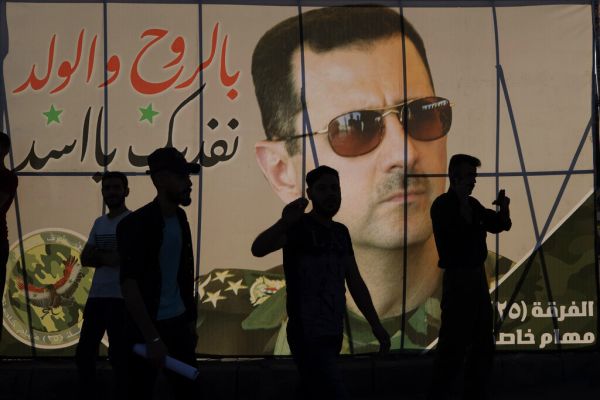Iran’s Islamic Revolutionary Guard Corps is in disarray after Assad’s stunning defeat in Syria.
By World Israel News Staff
Iran’s leadership is facing an unprecedented crisis following the collapse of Syrian President Bashar Assad’s regime, with internal turmoil brewing within the Islamic Revolutionary Guard Corps (IRGC) over the loss of Iranian influence in the region, The Telegraph reported on Monday.
Sources close to the situation told the British outlet that there is growing dissent among IRGC commanders, with accusations flying over their failure to secure Assad’s survival despite years of Iranian intervention.
For over a decade, Tehran invested billions of dollars in an effort to bolster the Assad regime, viewing it as a cornerstone of Iran’s regional strategy to maintain proximity to Hezbollah and secure its interests near Israel’s border.
Yet the unexpected flight of Assad as rebels neared Damascus has thrown the entire plan into disarray, leaving the IRGC scrambling to understand the full implications of the collapse.
An Iranian official described the situation within the IRGC as one of intense frustration, with commanders reportedly at each other’s throats, confronting each other with accusations and anger.
“The atmosphere is like something between almost punching each other, punching the walls, yelling at each other, and kicking rubbish bins. They are blaming each other, and no one is taking responsibility,” the official was quoted as saying.
Brig. Gen. Esmail Qaani, the head of the Quds Force, is at the center of the storm, accused of allowing Assad’s military to disintegrate.
Although few dare to confront him publicly, an IRGC source has accused Qaani of failing to prevent the unraveling of Iranian interests in Syria.
Iran, which relied on Syria as a crucial supply route to Hezbollah in southern Lebanon, views the loss of the country as a major blow.
With Iranian operatives either killed or fleeing, Tehran now faces a dire situation with no clear path forward.
The crisis has also triggered speculation that Qaani may be replaced, especially after his sudden disappearance from public view following the assassination of Hezbollah leader Hassan Nasrallah by Israel in September.
Iranian Supreme Leader Ayatollah Khamenei has summoned senior IRGC commanders in recent days to address the deteriorating situation amid heated discussions about how to salvage Iran’s remaining influence in the region.


